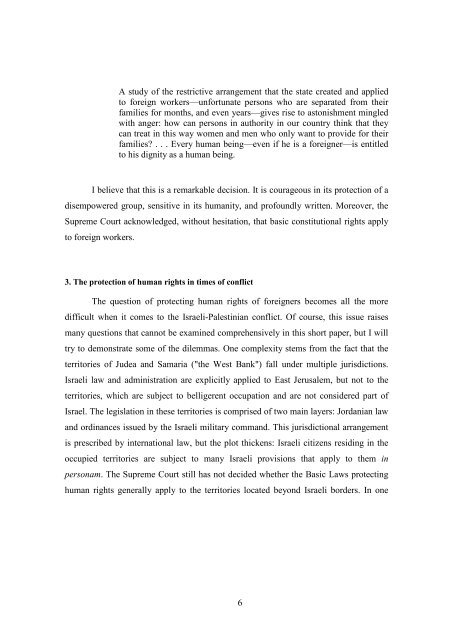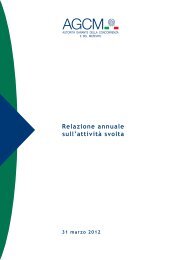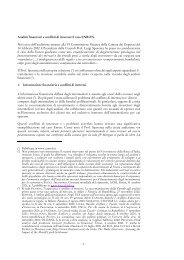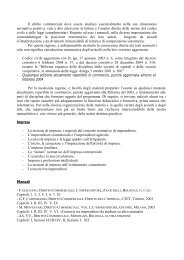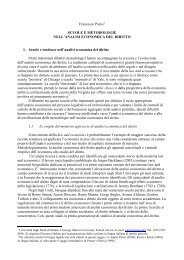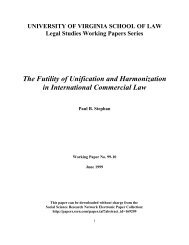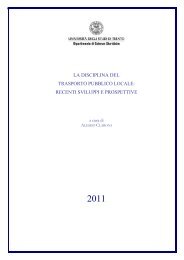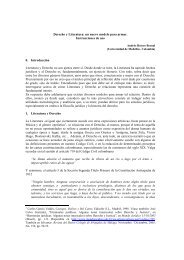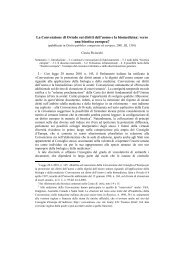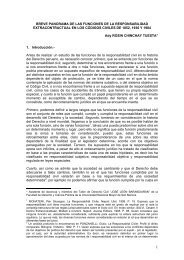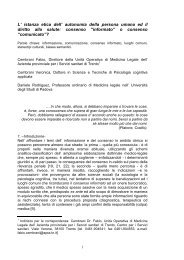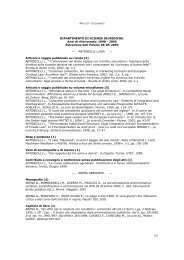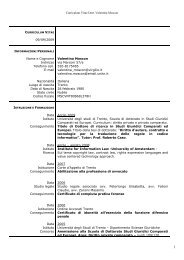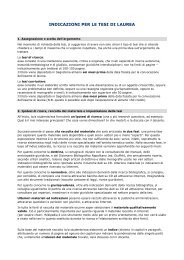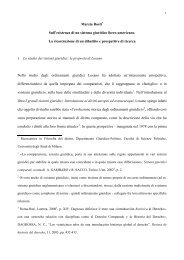Israel , Guy Shani, The Constitutional Rights of Foreigners in Israel
Israel , Guy Shani, The Constitutional Rights of Foreigners in Israel
Israel , Guy Shani, The Constitutional Rights of Foreigners in Israel
Create successful ePaper yourself
Turn your PDF publications into a flip-book with our unique Google optimized e-Paper software.
A study <strong>of</strong> the restrictive arrangement that the state created and applied<br />
to foreign workers—unfortunate persons who are separated from their<br />
families for months, and even years—gives rise to astonishment m<strong>in</strong>gled<br />
with anger: how can persons <strong>in</strong> authority <strong>in</strong> our country th<strong>in</strong>k that they<br />
can treat <strong>in</strong> this way women and men who only want to provide for their<br />
families . . . Every human be<strong>in</strong>g—even if he is a foreigner—is entitled<br />
to his dignity as a human be<strong>in</strong>g.<br />
I believe that this is a remarkable decision. It is courageous <strong>in</strong> its protection <strong>of</strong> a<br />
disempowered group, sensitive <strong>in</strong> its humanity, and pr<strong>of</strong>oundly written. Moreover, the<br />
Supreme Court acknowledged, without hesitation, that basic constitutional rights apply<br />
to foreign workers.<br />
3. <strong>The</strong> protection <strong>of</strong> human rights <strong>in</strong> times <strong>of</strong> conflict<br />
<strong>The</strong> question <strong>of</strong> protect<strong>in</strong>g human rights <strong>of</strong> foreigners becomes all the more<br />
difficult when it comes to the <strong>Israel</strong>i-Palest<strong>in</strong>ian conflict. Of course, this issue raises<br />
many questions that cannot be exam<strong>in</strong>ed comprehensively <strong>in</strong> this short paper, but I will<br />
try to demonstrate some <strong>of</strong> the dilemmas. One complexity stems from the fact that the<br />
territories <strong>of</strong> Judea and Samaria ("the West Bank") fall under multiple jurisdictions.<br />
<strong>Israel</strong>i law and adm<strong>in</strong>istration are explicitly applied to East Jerusalem, but not to the<br />
territories, which are subject to belligerent occupation and are not considered part <strong>of</strong><br />
<strong>Israel</strong>. <strong>The</strong> legislation <strong>in</strong> these territories is comprised <strong>of</strong> two ma<strong>in</strong> layers: Jordanian law<br />
and ord<strong>in</strong>ances issued by the <strong>Israel</strong>i military command. This jurisdictional arrangement<br />
is prescribed by <strong>in</strong>ternational law, but the plot thickens: <strong>Israel</strong>i citizens resid<strong>in</strong>g <strong>in</strong> the<br />
occupied territories are subject to many <strong>Israel</strong>i provisions that apply to them <strong>in</strong><br />
personam. <strong>The</strong> Supreme Court still has not decided whether the Basic Laws protect<strong>in</strong>g<br />
human rights generally apply to the territories located beyond <strong>Israel</strong>i borders. In one<br />
6


